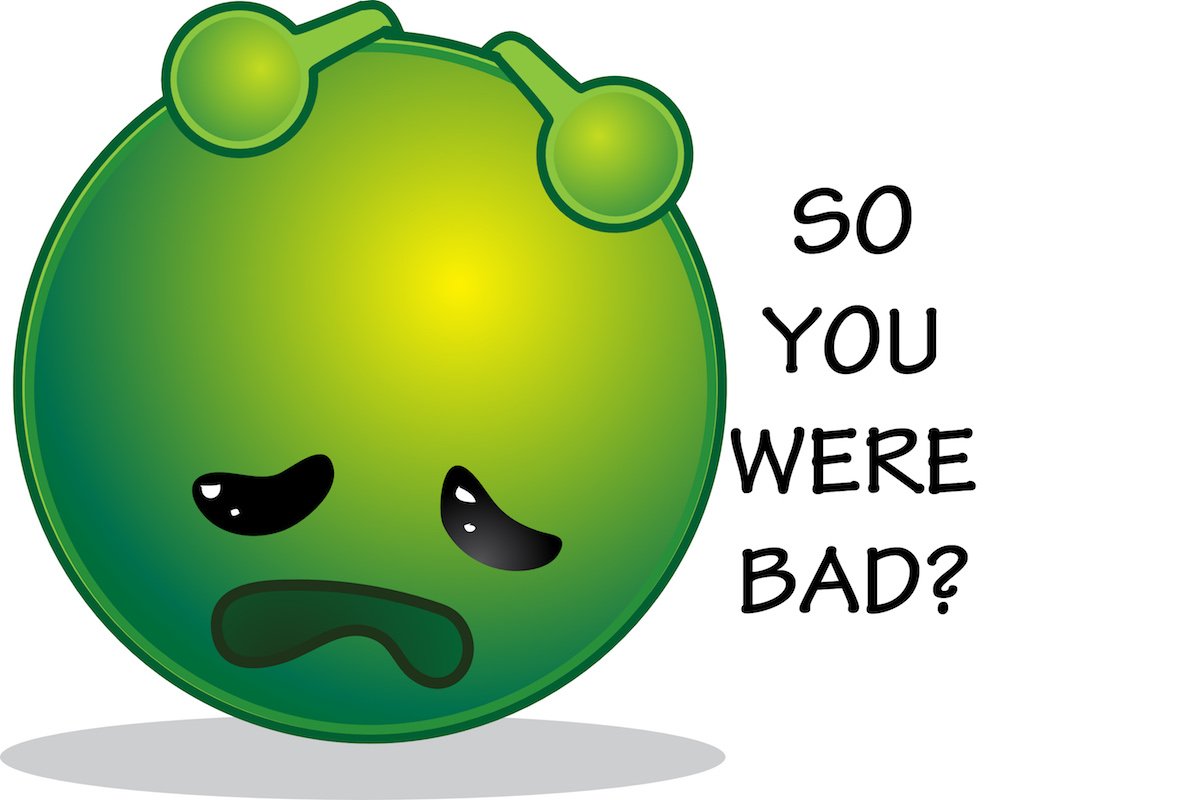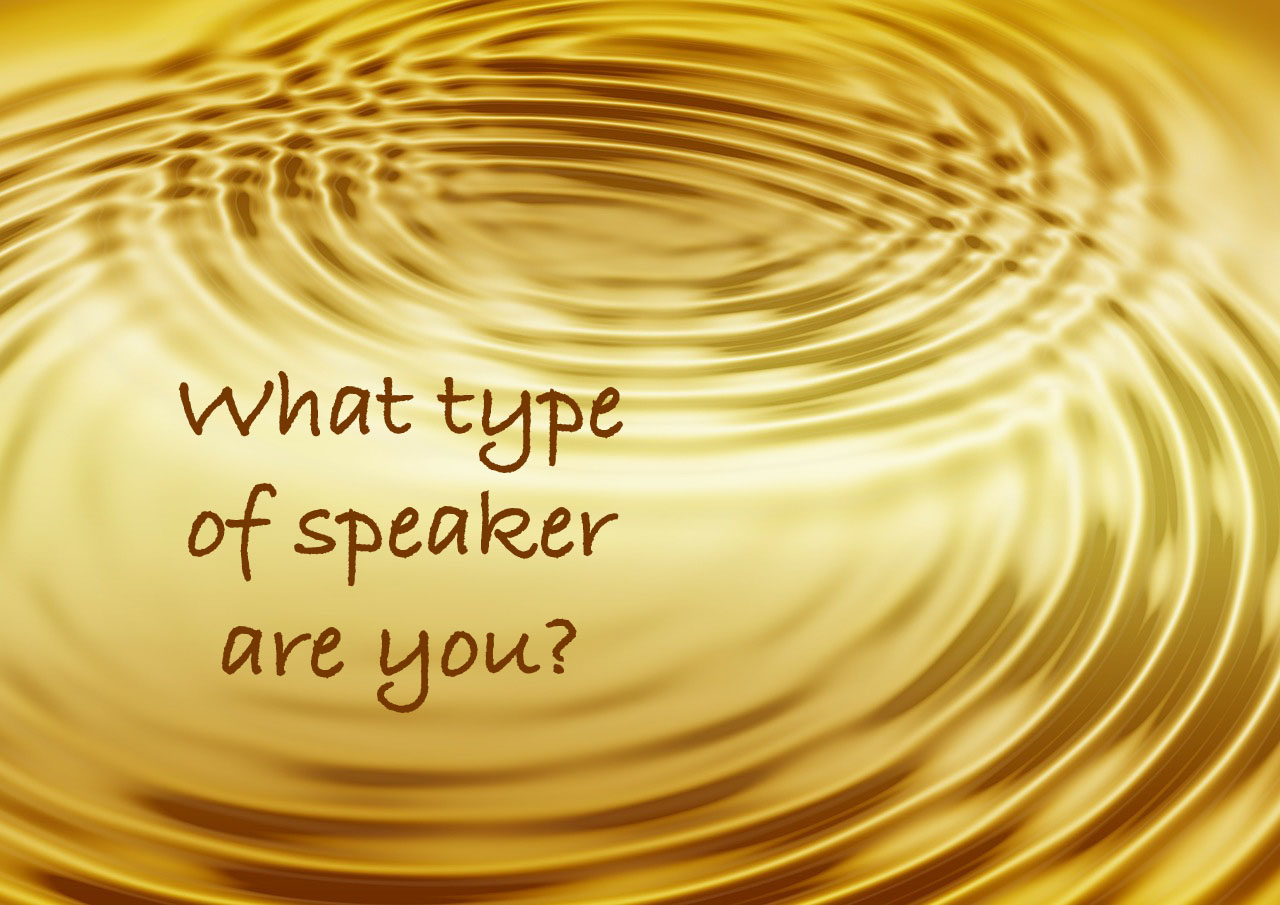What you see from public speakers is usually just the outside.
The self-assurance, the exuberance, the flashy pictures.
The recommendations, the Facebook and Twitter posts.
Everything is going great, audiences love them, full agendas, interesting locations, deep messages and connections.
I call bullshit
We all have our off days.
We all have presentations that don’t quite go as we had wished for.
Feedback forms with some nasty comments.
Clients telling they didn’t like your message.
Lukewarm audiences.
Audience members that didn’t like your topic, your style, your face.
Being called out when you were wrong.
But most of all: that voice in your head telling you it wasn’t good enough.
Devastated
Now there might be some speakers who are able to shrug that all off but I feel devastated afterwards when any of the above happens. To the point that I sometimes wonder why I don’t just go back to a secure desk job instead of putting my neck out there time and time again if I’m no good. Then I remind myself of impostor syndrome, I remind myself of my love for what I do, of my cause. And I start climbing out of the pit.
Because as a speaker, the show must go on.
Impostor syndrome
Ever had the feeling that you don’t really belong where you are? That your accomplishments were mere luck? That you’re actually not good enough to be doing what you do now? That may be impostor syndrome. Here’s the good news: The fake, the cons and the real imposters never have this feeling. Impostor syndrome is the ‘privilege’ of people who are actually good at what they’re doing.
But even if you are generally good at what you’re doing, how do you handle the bad days?
What keeps you going?
Reason. This works better the more experienced you are. For me it helps to remember the times things went excellently, and juxtapose these with the bad performance. To analyse the bad performance to find out that it really was just one moment where I lost them but the rest was just fine. To realize that it is impossible to please 100% of your listeners, because we’re all different, and that’s ok.
Love. The love for what you’re doing, and the people in your audience. One smiling face should be enough reason to go on.
Cause. As a speaker you want to invoke change, you want to reach a goal that is bigger than you. You have a dream you believe in. If that doesn’t keep you going I don’t know what does.
Growth
Over the long term, I believe that these days where things didn’t work out help me improve my art most. I believe that the best reaction to negative comments, both from outside and inside is: work hard to get better. Analyse the problem and fix it.
Off days are great reminders that the art of public speaking is a mountain without a peak. Keep climbing!

In upcoming posts I will share some of my own experiences with “bad” presentations. I’d love to hear about yours, and how you handled them. Let me know!



